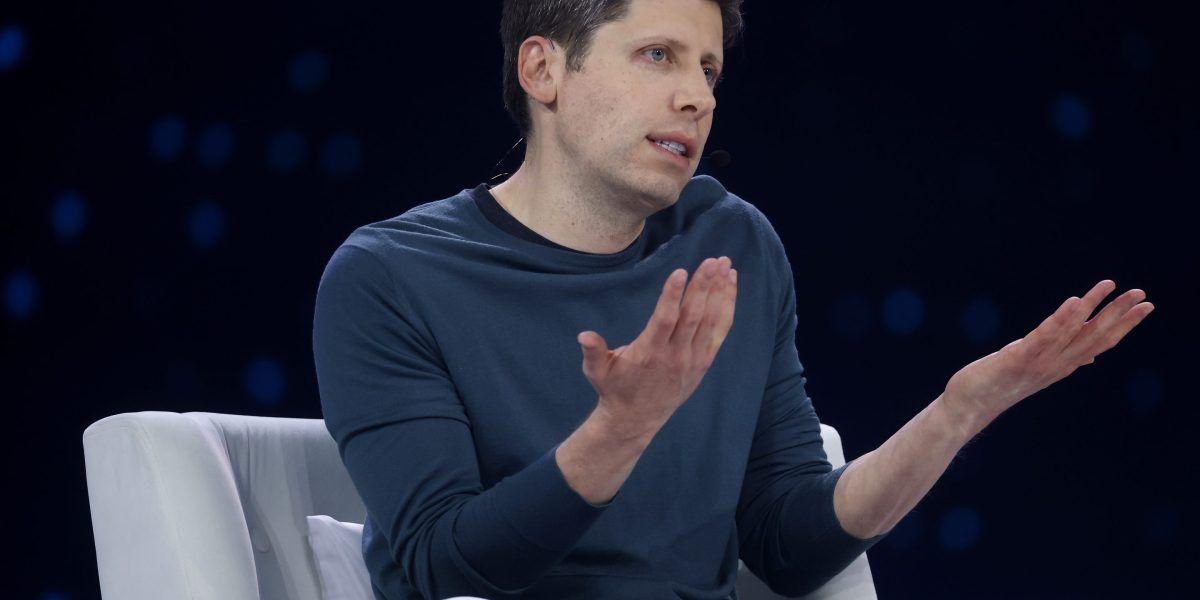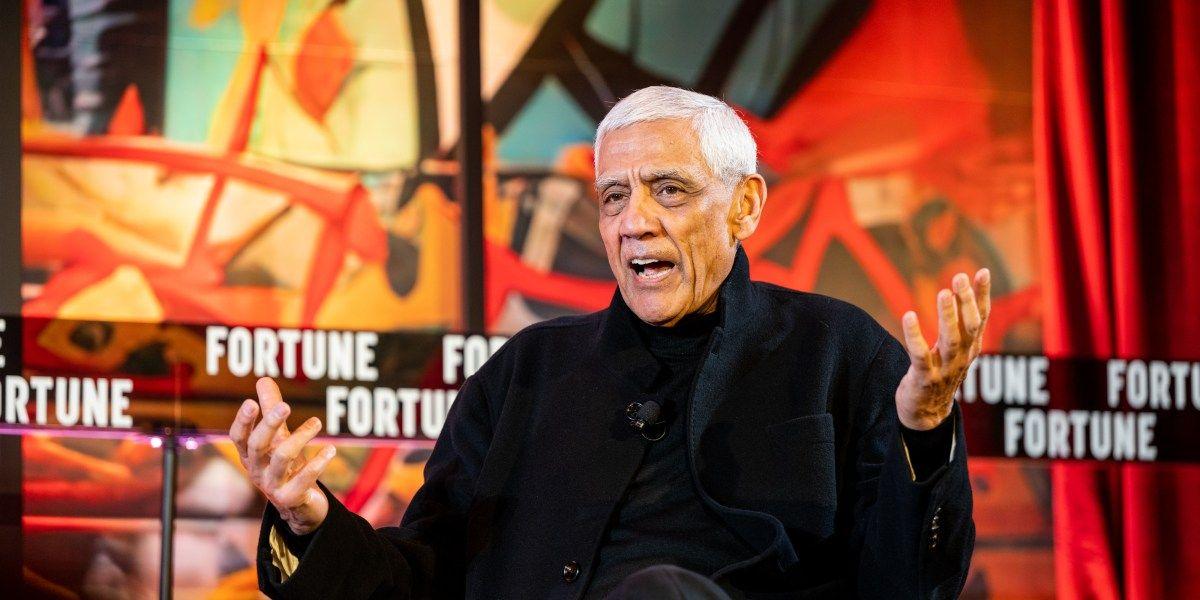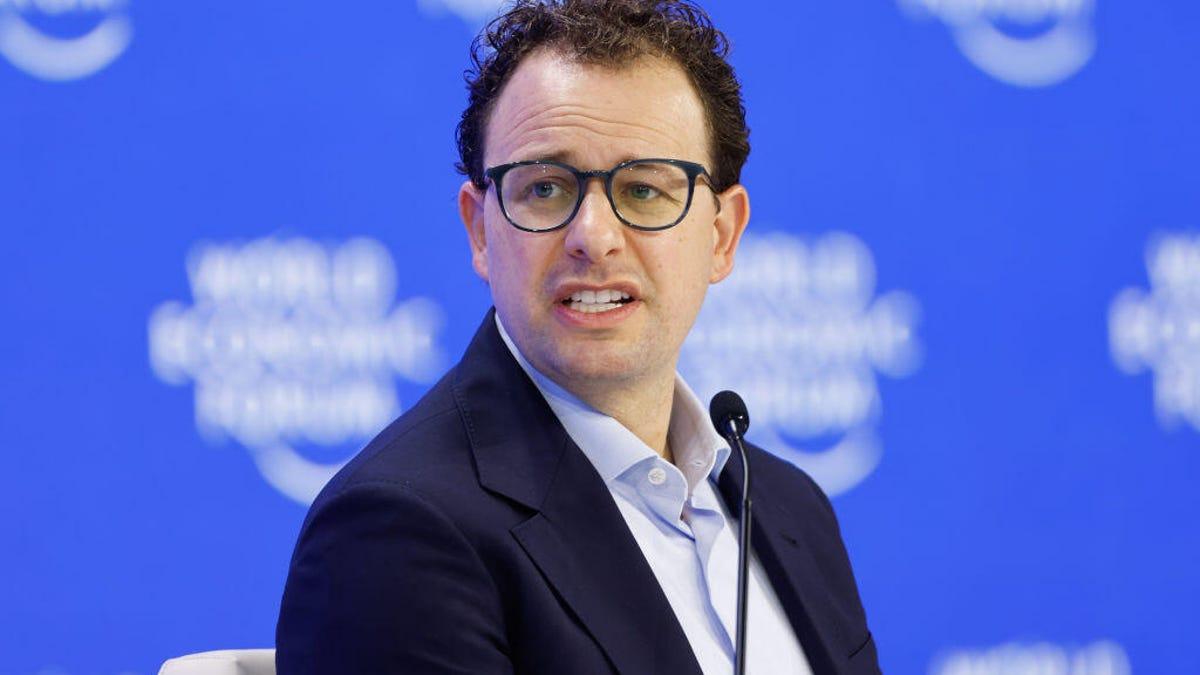LinkedIn Co-Founder Predicts AI-Driven Shift in Work Culture by 2034
2 Sources
2 Sources
[1]
'Say goodbye to 9-to-5 jobs': LinkedIn co-founder latest prediction on AI
Picture this: It's 2034, and the traditional 9-to-5 job is a relic of the past, much like dial-up internet or the fax machine. According to LinkedIn co-founder Reid Hoffman, this is not a futuristic fantasy but an imminent reality. Hoffman has predicted that the conventional 9-to-5 job will be obsolete by 2034. In a viral video clip, Hoffman forecasts a paradigm shift in the workforce landscape, driven by the relentless advance of artificial intelligence (AI). He suggests that the gig economy will burgeon, fundamentally altering how people work. Unlike traditional employment, workers will juggle multiple contracts across various sectors simultaneously, embracing roles in a more flexible, albeit less secure, manner.
[2]
AI impact? LinkedIn co-founder predicts demise of 9-to-5 jobs & rise of contractual work by 2034
He believes that future workers might not have traditional employment but instead engage in the gig economy. The world is evolving rapidly, turning what once seemed impossible into today's reality. Who could have imagined that Artificial Intelligence would become such a crucial aspect of our work lives? And what if 9-to-5 jobs were to become obsolete in the near future? It might sound surprising, but LinkedIn co-founder Reid Hoffman believes it could happen sooner than we expect! Hoffman is going viral on the internet for his recent interview in which he shared that since AI has been strongly disrupting today's workforce, it will soon eliminate traditional job arrangements and they will no longer exist by 2034. forbes He believes that future workers might not have traditional employment but instead engage in the gig economy. This would involve working with various companies across different sectors on a contract basis. While this approach offers greater flexibility and a wider range of opportunities, it could also result in less job security compared to conventional positions. "You may not only work at multiple companies in your career, you may work across different industries with constantly evolving paths. This shift may see you working for the gig economy or juggling multiple gigs," Hoffman said. He further added, "These changes will drive productivity and open new opportunities, but they will also introduce uncertainties that contrast with the stability many people value." Also Read: After Microsoft & Meta, Elon Musk Targets LinkedIn And Calls It 'Cringe', Internet Reacts Unsplash Neal Taparia, an entrepreneur and angel investor, highlighted Mr. Hoffman's video, noting his impressive track record of accurate predictions. In his post, Taparia also pointed out that Mr. Hoffman had anticipated the rise of social media, the sharing economy, and AI as early as 1997, well before ChatGPT's emergence. He remarked on the astonishing and somewhat unsettling pace of AI's growth. Within days of ChatGPT's release, millions of jobs worldwide became obsolete, and numerous companies began retraining their employees to work with AI technologies. "Hoffman's past predictions are spooky: Predicted social networks would change the world (LinkedIn sold for $26B),Saw the sharing economy coming (early Airbnb investor), called the AI revolution years before ChatGPT," Taparia wrote on X along with the video. Hoffman also addressed the integration of artificial intelligence into various sectors, including restaurants and hospitality. While AI is anticipated to become increasingly common, he emphasized that essential human experiences -- like sharing a meal with others -- will continue to be central. He wrote on X, "AI already is, and will continue to be, incorporated in restaurants and hospitality. But the experience of breaking bread together -- the most human, important element -- will remain front and center."
Share
Share
Copy Link
Reid Hoffman, co-founder of LinkedIn, forecasts a significant transformation in the job market due to AI advancements. He predicts the decline of traditional 9-to-5 jobs and the rise of contractual work within the next decade.

AI's Impact on the Future of Work
Reid Hoffman, the co-founder of LinkedIn and a prominent figure in the tech industry, has made a bold prediction about the future of work. According to Hoffman, the traditional 9-to-5 job structure could become obsolete by 2034, largely due to the rapid advancements in artificial intelligence (AI)
1
.The Rise of Contractual Work
Hoffman anticipates a significant shift towards contractual and project-based work. He envisions a future where individuals will increasingly take on multiple roles simultaneously, adapting to a more flexible work environment. This transformation is expected to be driven by AI's ability to handle routine tasks more efficiently, allowing humans to focus on creative and strategic aspects of work
2
.AI as a Collaborative Tool
Rather than viewing AI as a threat to human employment, Hoffman sees it as a collaborative tool. He believes that AI will augment human capabilities, enabling workers to be more productive and creative. This perspective aligns with the idea of AI as a "co-pilot" in various industries, enhancing human decision-making and problem-solving skills
1
.The Changing Nature of Work
The predicted shift away from traditional employment models is expected to have far-reaching implications. Workers may need to develop a broader range of skills and adapt to a more dynamic job market. This could lead to increased job mobility and the need for continuous learning and upskilling
2
.Related Stories
Challenges and Opportunities
While this transformation presents opportunities for increased flexibility and innovation, it also raises concerns about job security and benefits traditionally associated with full-time employment. The gig economy, which has already seen significant growth, may become more prevalent, requiring new frameworks for worker protection and social safety nets
1
.Preparing for the Future
Hoffman's prediction underscores the importance of preparing for a rapidly changing job market. Educational institutions, businesses, and policymakers may need to adapt to ensure that the workforce is equipped to thrive in this new AI-driven landscape. Developing skills that complement AI capabilities and fostering adaptability will likely become crucial for success in the future job market
2
.References
Summarized by
Navi
[1]
Related Stories
Recent Highlights
1
Pentagon threatens to cut Anthropic's $200M contract over AI safety restrictions in military ops
Policy and Regulation

2
ByteDance's Seedance 2.0 AI video generator triggers copyright infringement battle with Hollywood
Policy and Regulation

3
OpenAI closes in on $100 billion funding round with $850 billion valuation as spending plans shift
Business and Economy








